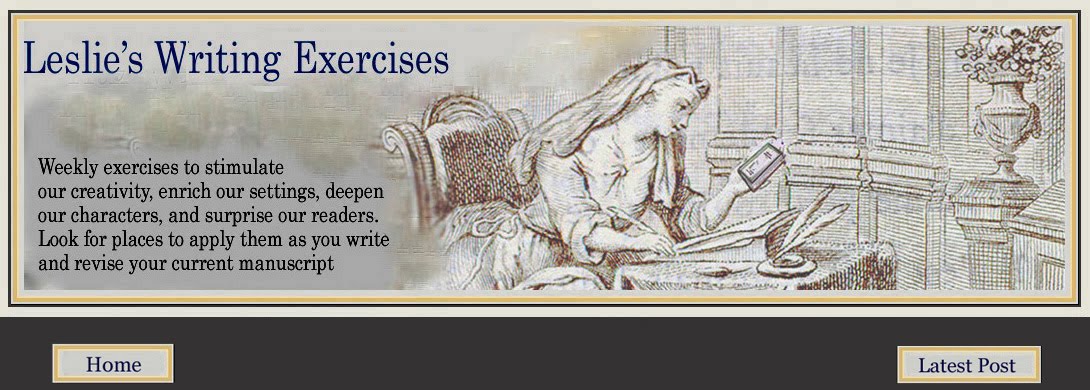This first exercise is from one of my favorite writing books: Creating Character Emotions by Ann Hood:
~
Guilt is taking the responsibility for wrongdoing. Or for perhaps even something larger – breaking a law, committing a sin. We have characters who are adulterers, murderers, liars, cheaters, thieves. Often, a story is shaped around a guilty character who feels remorse or finds redemption at the story's end.
Sometimes, however, simply confessing to or revealing the wrongdoing (or sin or crime) is the end of the story. This implies that true guilt is never really relieved. The character gives us her side of the event, demonstrates the guilt, but cannot be unburdened.
An bad example (a not so great way to show guilt):
My heart is ripped apart by guilt. I will never be the same again.
The weight of guilt is not so easily confessed or explained. It is too complex an emotion for such glib self-awareness. For this reason, the reader doubts the confession. The character simply wants to feel guilty, perhaps as a way of forgiving himself for whatever he has done.
A good example:
The narrator in Amy Hempel's short story "In the Cemetery Where Al Jolson Is Buried" cannot stay with her dying best friend while she dies. In fact, she leaves her to die alone. What follows is a description of that moment of deciding to leave…. Hempel turns around the cliché of twisting hands by pointing to it as a cliché:
"I have to go home," I said when she woke up.
She thought I meant to her house in the Canyon, and I had to say No, home home. I twisted my hands in the time-honored fashion of people in pain. I was supposed to offer something. The Best Friend. I could not even offer to come back.
I felt weak and small and failed.
Also exhilarated.
Exercise: (part 1): What is the worst decision you can imagine making? In Amy Hempel's story, it is leaving your best friend to die alone. Find a place in the story or novel you are currently working on, in which a character must make a moral decision that will leave her guilty for the rest of her life (if none of your characters make such a life-altering decision, find a place where they feel at least some small amount of guilt over an action or decision that they make). Show the reader this character's guilt in 500 words or less. Remember, that at the point of deciding, Hempel's character feels "weak and small and failed. Also exhilarated."
Objective: To show how the roots of guilt are not necessarily in evil, and that guilt, like all emotions, is a complex blend.
Exercise (part 2): Take the same character you used in the above exercise and have her confess her guilt to a different person. How does she feel after the confession? Relieved? Embarrassed? Does she feel unburdened or does she still feel the guilt?
Objective: To explore the complexities of the emotion of guilt and to see whether a confession leads to redemption or not.

